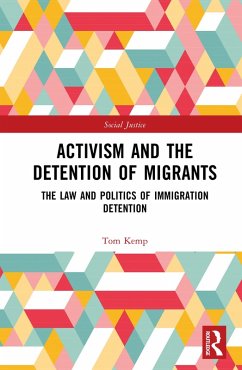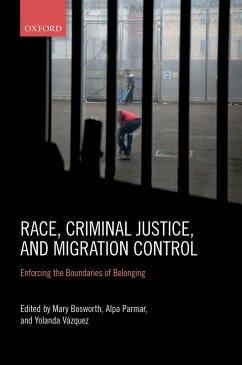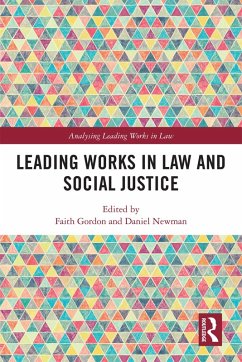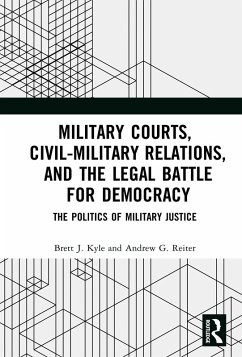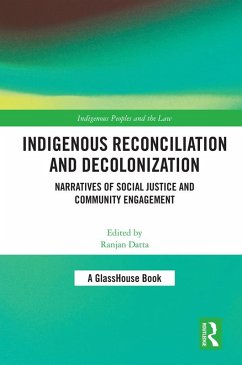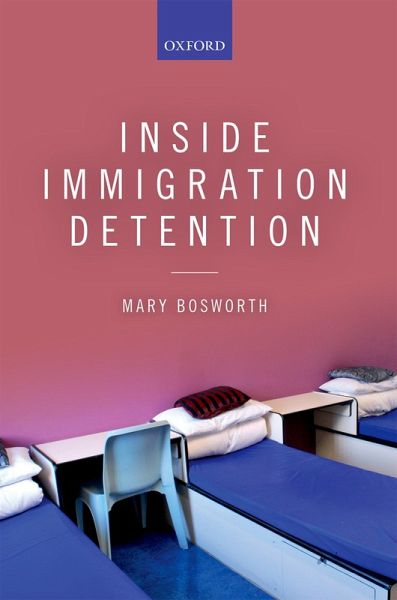
Inside Immigration Detention (eBook, PDF)
Versandkostenfrei!
Sofort per Download lieferbar
25,95 €
inkl. MwSt.
Weitere Ausgaben:

PAYBACK Punkte
13 °P sammeln!
On any given day nearly 3000 foreign national citizens are detained under immigration powers in UK detention centres alone. Around the world immigrants are routinely detained in similar conditions. The institutions charged with immigrant detention are volatile and contested sites. They are also places about which we know very little. What is their goal? How do they operate? How are they justified? Inside Immigration Detention lifts the lid on the hidden world of migrant detention, presenting the first national study of life in British immigration removal centres. Offering more than just a desc...
On any given day nearly 3000 foreign national citizens are detained under immigration powers in UK detention centres alone. Around the world immigrants are routinely detained in similar conditions. The institutions charged with immigrant detention are volatile and contested sites. They are also places about which we know very little. What is their goal? How do they operate? How are they justified? Inside Immigration Detention lifts the lid on the hidden world of migrant detention, presenting the first national study of life in British immigration removal centres. Offering more than just a description of life behind bars of those men and women awaiting deportation, it uses staff and detainee testimonies to revisit key assumptions about state power and the legacies of colonialism under conditions of globalization. Based on fieldwork conducted in six immigration removal centres (IRCs) between 2009 and 2012, it draws together a large amount of empirical data including: detainee surveys and interviews, staff interviews, observation, and detailed field notes. From this, the book explores how immigration removal centres identify their inhabitants as strangers, constructing them as unfamiliar, ambiguous and uncertain. In this endeavour, the establishments are greatly assisted by their resemblance to prisons and by familiar racialized narratives about foreigners and nationality. However, as staff and detainee testimonies reveal, in their interactions and day-to-day life women and men find many points of commonality. Such recognition of one another reveals the goal and effect of detention to be incomplete. Denial requires effort. In order to minimize the effort it must expend, the state 'governs at distance', via the contract. It also splits itself in two, deploying some immigration staff onsite, while keeping the actual decision-makers (the caseworkers) elsewhere, sequestered from the potentially destabilizing effects of facing up to those whom they wish to remove. Such distancing, while bureaucratically effective, contributes to the uncertainty of daily life in detention, and is often the source of considerable criticism and unease. Denial and familiarity are embodied and localized activities, whose pains and contradictions inhere in concrete relationships.
Dieser Download kann aus rechtlichen Gründen nur mit Rechnungsadresse in A, B, BG, CY, CZ, D, DK, EW, E, FIN, F, GR, HR, H, IRL, I, LT, L, LR, M, NL, PL, P, R, S, SLO, SK ausgeliefert werden.





